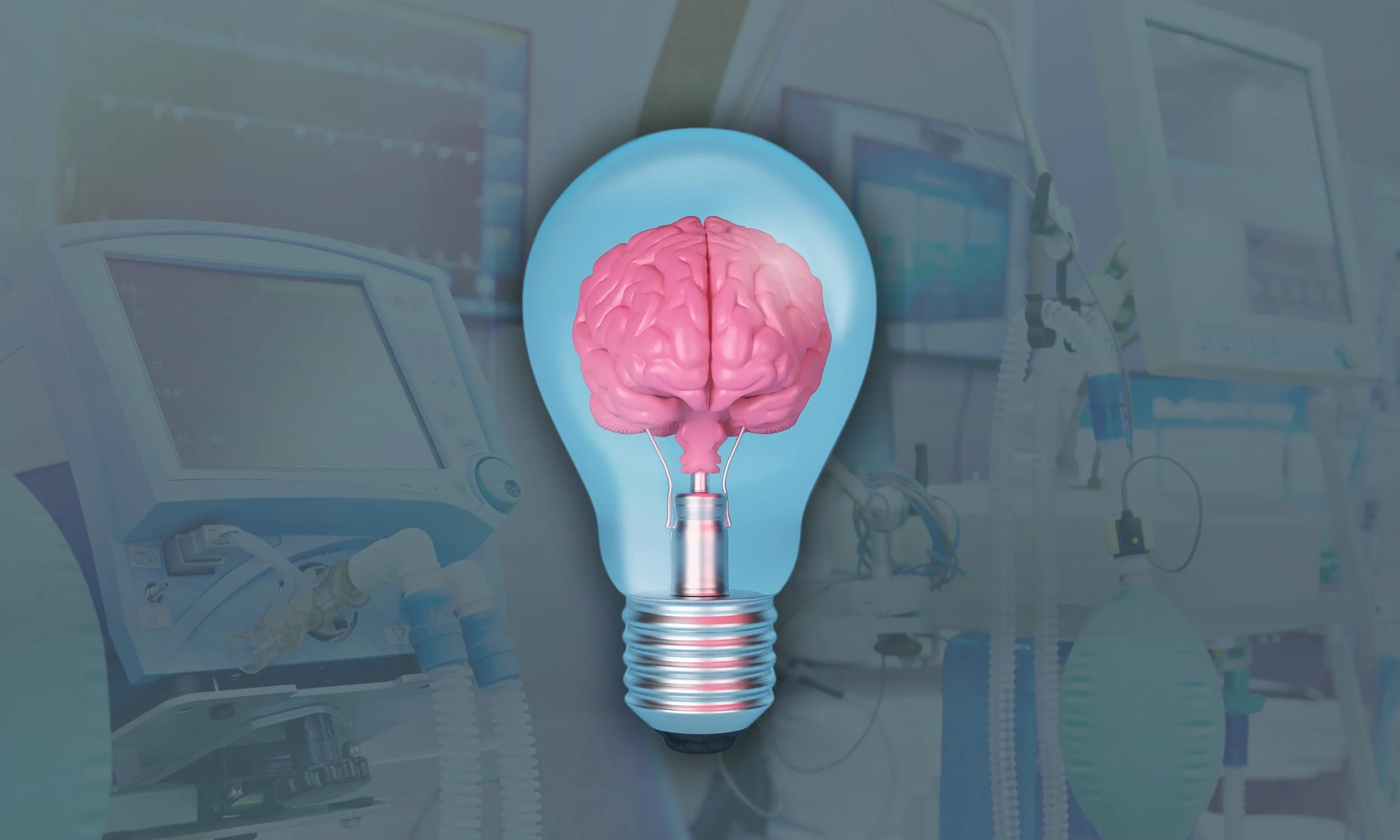The simple answer is “YES”. So why are we asked this so often? We can thank ketamine’s history as a horse tranquilizer, club drug, and off-label use, which confuses many people regarding its legality.
INTRODUCTION - from horse tranquilizer to essential medicine.
Ketamine was first synthesized in the 1960’s for use as a general anesthetic. It’s been traditionally used in the operating room and emergency departments for sedation and pain control. Ketamine has a colorful history and is known to be used in veterinary medicine as a “horse tranquilizer” and even a recreational club drug of abuse. However, ketamine is the most common medicine used worldwide for sedation and the World Health Organization (WHO) places ketamine in its List of Essential Medicines.
Recently, there has been an upward trend of more ketamine clinics opening up in the United States. Ketamine clinics are on the cutting edge of medicine and represent a paradigm shift in the treatment of depression, anxiety, OCD, PTSD, as well as various forms of chronic pain. Because of ketamine’s history, there may be some confusion about its legal status when used “off-label.” To answer it simply, yes, ketamine clinics are legal.
But let’s dive a little deeper into this question.
Ketamine’s OFF-LABEL USE
What does “off-label” mean? When a drug becomes approved by the United States Food and Drug Administration (FDA), it usually has an indication for a specific use. The term “off-label” means the drug is being used for a different use than originally intended. To get FDA approval for an indication, it requires multiple stages of research to evaluate the safety and efficacy for that specific use. In 1970, ketamine was FDA approved for use as the, “sole anesthetic agent for diagnostic and surgical procedures that do not require skeletal muscle relaxation.”
Ketamine is being used “off-label” for the treatment of various mood and pain disorders in an outpatient setting, also known as ketamine for non-anesthetic indications (KNAI). Surprisingly, the off-label use of drugs is quite common. Here are a few examples:
The use of clonidine, a blood pressure medicine, for ADHD
The use of propranolol, a beta blocker, to reduce performance anxiety
Using colchicine, a medicine intended for acute gouty attacks, for the treatment of pericarditis.
Using an SSRI to reduce the likelihood of premature ejaculation
Once a drug is FDA approved, physicians have the freedom to use their best clinical judgment in prescribing drugs for other purposes than originally intended.
Ketamine’s DEA SCHEDULING
In the United States, the Drug Enforcement Agency (DEA) has five distinct categories or schedules of medicines: Schedule I, Schedule II, Schedule III, Schedule IV, and Schedule V. Drugs are placed in the various categories based upon current accepted medical uses and dependency potential. Drugs in Schedule I are considered to have no current medical use with a high potential for abuse. Medicines in Schedule II through V are considered to have medically accepted uses and each schedule has a progressively decreasing potential for dependence.
Ketamine is categorized into Schedule III, meaning that it has a low to moderate potential for physical and psychological dependence. This is the same category as Tylenol with Codeine, buprenorphine, and testosterone.
REGULATIONS/LICENSING
To obtain ketamine from a pharmacy, the clinic/doctor must have a DEA license. Also to open a ketamine clinic it has standard outpatient requirements like state medical board licenses, OSHA standards, insurance coverage, ability to store controlled substances, and county/city licensing.
Beyond this, however, there are no other regulations for ketamine infusions clinics, such as what safety equipment must be in the clinic, who can administer ketamine, referral requirements, or optimal doing/timing for ketamine for various mood and pain conditions.
Some guidelines do exist, like the consensus statement published in JAMA Psychiatry and the consensus statement published in Regional Anesthesia & Pain Medicine, but these are simply suggested guidelines. Furthermore, there are a couple of organizations, like KRIYA Institute and the American Society of Ketamine Physicians (ASKP), that bring together like-minded doctors, psychologists, and nurses to share information and education on the latest evidence-based treatments.
Since there is limited regulations with ketamine clinics, it’s critical for each clinician to use their best judgement in providing the safest and most appropriate treatment for patients. With this comes a greater responsibility to steward the practice of ketamine treatments for a potentially vulnerable patient population. And to thoroughly screen patients carefully since not all patients are candidates for ketamine treatments.
CONCLUSION: Ketamine clinic are legal.
In conclusion, ketamine clinics are legal and becoming more commonplace in the United States. To date, there are over 100 outpatient clinics providing ketamine infusions for the “off-label” treatment of various mood and pain disorders. But ketamine is also used daily in hospitals, operating rooms, emergency departments, research laboratories, and by veterinarians to provide sedation and pain control. Ketamine is a Schedule III controlled substance and must be stored securely and tracked carefully.
Ketamine treatment centers are required to meet the appropriate licensing standards for an outpatient medical practice. Although there are some consensus statements, there is much freedom in the practice of ketamine delivery. Thus, clinicians using ketamine for non-anesthetic indications (KNAI) have a responsibility to their patients and society at whole to safely and appropriately use ketamine.











Dr. Ko shares a personal update following a car bomb explosion that damaged their ketamine clinic, along with three practical resilience tools that are helping during this challenging time. Learn about the FMA mnemonic for focusing on what you can control, the Stoic philosophy of amor fati for accepting and finding meaning in difficult circumstances, and the shrimp shell metaphor for embracing growth through discomfort.